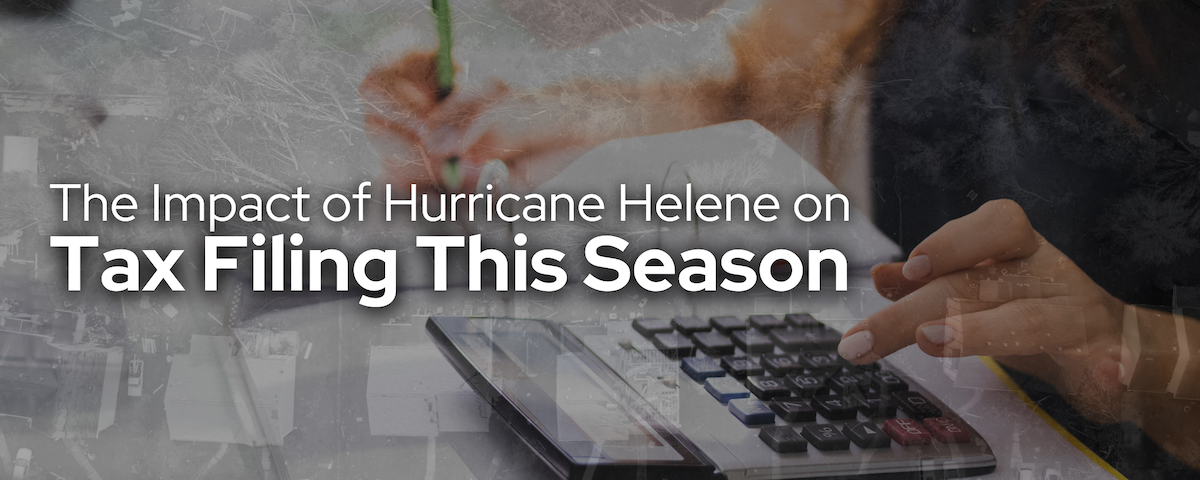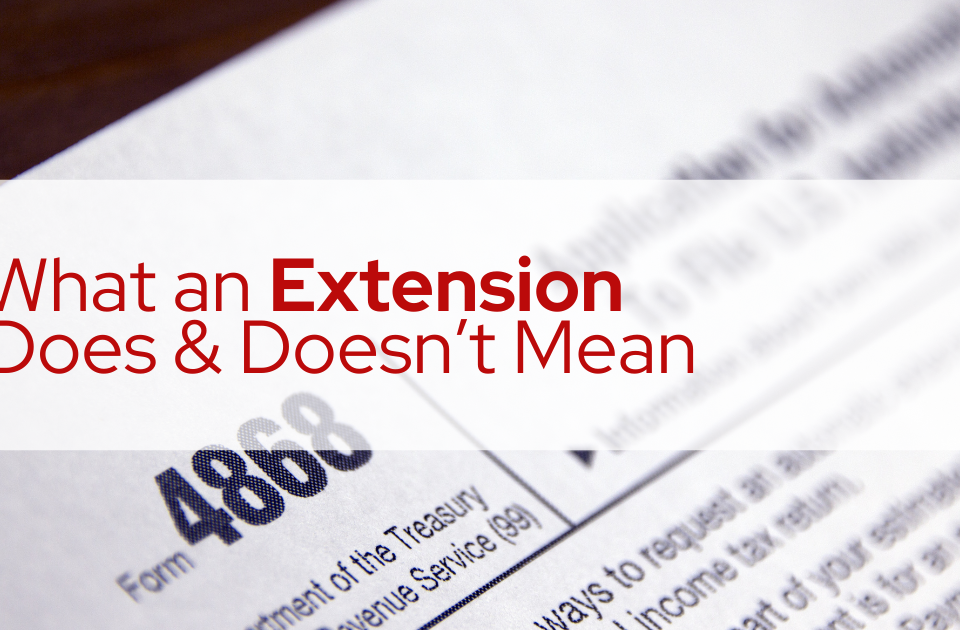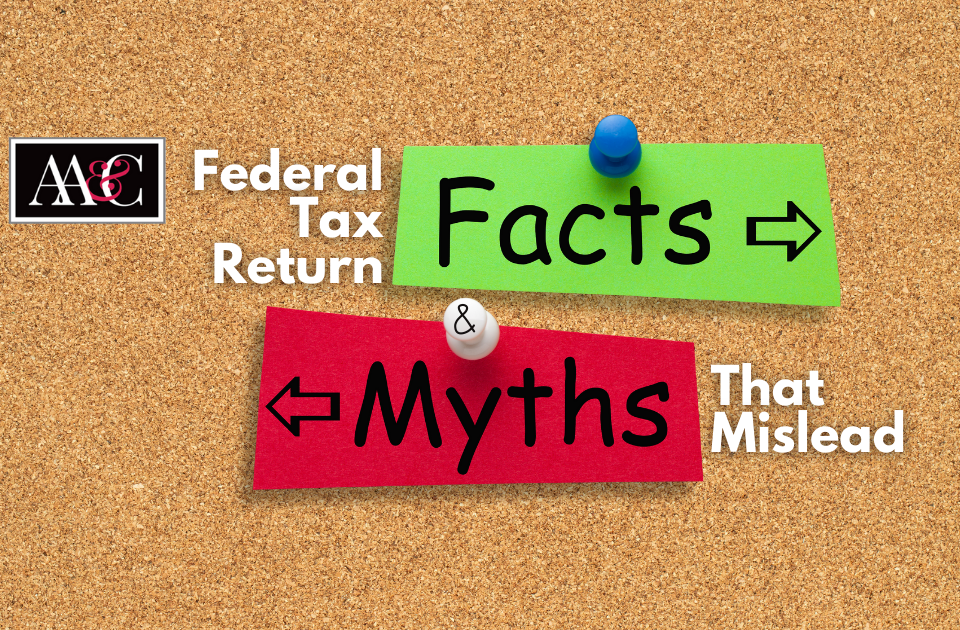
Federal EV Tax Credit in 2025
February 12, 2025
What an Extension Does and Doesn’t Mean
April 14, 2025As we approach the tax filing deadline, it’s essential to address the impact of Hurricane Helene on tax obligations and the lasting effects the storm may have on individuals and businesses in our area. Since the storm, several developments have occurred that could influence your tax filings this season. From relief funds to potential deductions, it’s important to stay informed on how these changes may affect your returns. In this blog post, we’ll provide updates and key considerations to help guide our clients in Augusta and the surrounding communities through this unique tax season.
1. Extended Tax Deadlines
The IRS and the Georgia Department of Revenue have granted extensions for individuals and businesses affected by Hurricane Helene. Taxpayers now have until May 1, 2025, to file various individual and business tax returns and make tax payments that were originally due during this period. This extension provides additional time to manage tax affairs without the immediate pressure of the standard deadlines.
2. Georgia State Relief Measures
In response to the extensive damage caused by Hurricane Helene, the state of Georgia allocated $862 million in relief funds, which include provisions for low-interest loans to farmers, grants for nonprofits assisting in recovery efforts, debris removal, aid to rural hospitals, and the replacement of public infrastructure. These measures aim to support both individuals and businesses in their rebuilding efforts. If you have already received relief funds, there are important tax considerations when filing your return. While FEMA grants for personal expenses or temporary housing are generally not taxable, funds used for business recovery or compensation for lost income may be taxable. If you received a grant or loan for business recovery, you will need to report it on your tax return—while loans are typically not taxable, any forgiven portion may be. Additionally, you cannot claim the same expense for which you received relief funds as a tax deduction, such as claiming a grant for storm damage repairs while also deducting those same repair costs as a casualty loss. To ensure proper reporting, keep detailed records of how relief funds were used, including receipts, grant award letters, and bank statements.
3. Casualty Loss Deductions
Taxpayers who suffered uninsured or unreimbursed disaster-related losses due to Hurricane Helene can claim these on their federal tax returns. Notably, the usual requirement that losses must exceed 10% of adjusted gross income to qualify for the deduction has been eliminated for disaster-related losses. This change makes it more accessible for affected individuals to benefit from casualty loss deductions.
4. Fuel Excise Tax Waiver
To address fuel disruptions resulting from the hurricane, the IRS waived the federal excise tax on dyed diesel fuel in the impacted areas. This relief was retroactive to September 26, 2024, and remained in effect through October 15, 2024. Businesses relying on diesel fuel should review their fuel purchases during this period to ensure compliance and potential tax benefits.
We’re Here to Help
As the tax deadline approaches, many taxpayers are wondering how to navigate the impact of Hurricane Helene on tax filing. At Anderson, Adkins & Crawford, we’re here to ensure you take every factor into account, including available deductions, extended deadlines, and disaster-related tax relief.
Please don’t hesitate to reach out to us with any questions or concerns. Call us at 706-288-2000 or email info@augustacpas.com.




